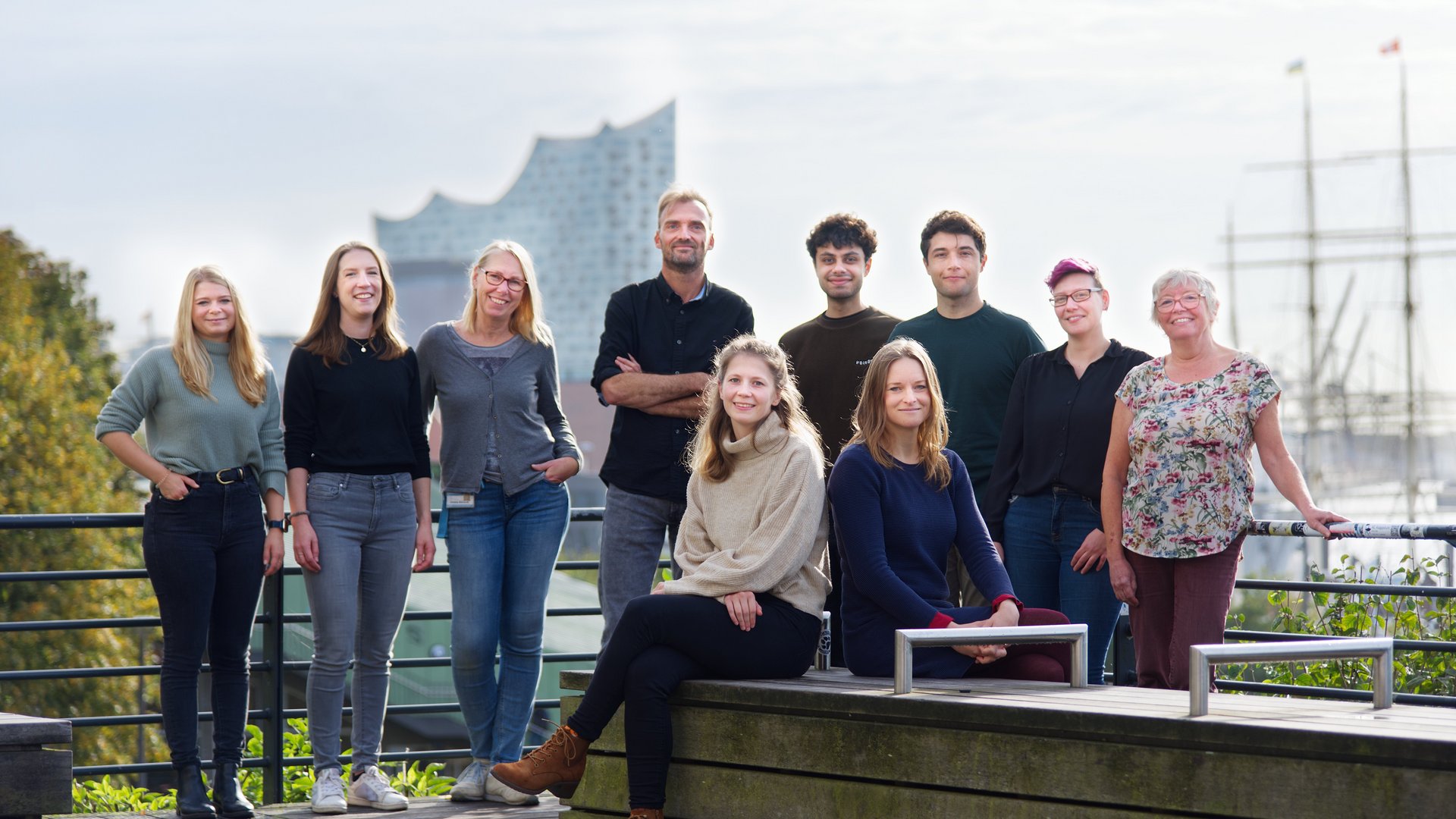
PD Dr Thomas Jacobs
phone: +49 40 285380-850
fax: +49 40 285380-400
email: tjacobs@bnitm.de
Research Group Leader
phone: +49 40 285380-850
fax: +49 40 285380-400
email: tjacobs@bnitm.de

Our group studies T cell responses in infections with protozoan parasites, including Plasmodium spp. (malaria) and Trypanosoma cruzi (Chagas disease). Our goal is to understand how T cells contribute to both immunity and immunopathology, focusing on co-stimulatory and co-inhibitory pathways that balance immunity and disease progression. We explore key questions such as:
By combining mouse models and human cohorts, we investigate the interplay between immune regulation, co-inhibitory pathways, and pathogen-specific T cell responses. Our goal is to uncover mechanisms that drive protective immunity or immunopathology, ultimately informing vaccine and immunotherapy development.

PD Dr Thomas Jacobs
phone: +49 40 285380-850
fax: +49 40 285380-400
email: tjacobs@bnitm.de
We are using cookies to create an optimal user experience for our visitors.
Privacy policy
To better understand what how visitors use our webpage.
This allows to show you maps from Google or Baidu.
These are required for the pages to function properly.

